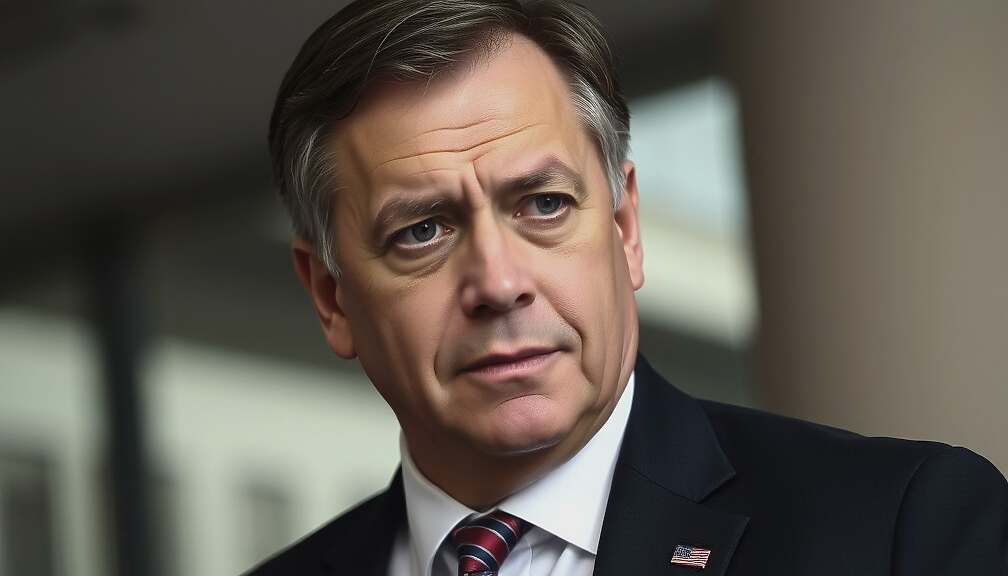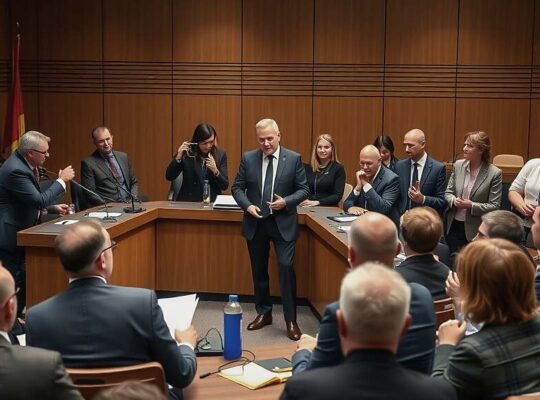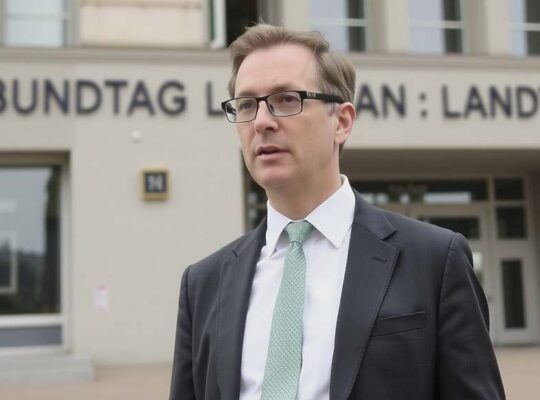The European Commissioner for Agriculture, Christophe Hansen, has refuted claims that proposed reforms to the European Agricultural Policy (CAP) significantly weaken environmental and nature conservation requirements. Addressing concerns raised in a report by the Redaktionsnetzwerk Deutschland, Hansen emphasized that while the approach to environmental protection will evolve, it will not be eliminated.
Hansen stressed that the overarching objectives remain the responsibility of the EU Commission, which is meticulously scrutinizing national strategic plans submitted by member states. This oversight, he asserted, will prevent environmental dumping and ensure that individual nations do not undercut each other on environmental and nature standards.
Beyond environmental considerations, the Commissioner highlighted the need to improve the image of farming to attract younger generations to the profession. He stated that farmers deserve recognition for their contributions, including providing healthy food and playing a role in climate, biodiversity and water protection.
Hansen advocated for new financial instruments to support the sector, suggesting the possibility of an EU scholarship program specifically for young farmers with innovative ideas. He has set a target to increase the proportion of farmers under 40 years old from the current 12% to 15% by the end of the next funding period in 2034.
The Commissioner strongly opposed proposals to tie the disbursement of all EU budget funds solely to compliance with the rule of law. Hansen voiced concerns that farmers should not become scapegoats for their governments’ actions, arguing that agricultural subsidies should not be dependent on the implementation of rule of law reforms within individual member states. He warned of potential bankruptcies for farms if funding is withheld for such reasons and anticipates intense debate on the linkage of rule of law criteria with EU agricultural funding in the coming months.
Significant changes are also being introduced to limit the benefits accrued by large landowners, including those in Hungary who control extensive landholdings. Existing capping mechanisms and progressive reductions are already diminishing the financial advantages for such operations. Furthermore, the Commission intends to prioritize “active” farmers – those actively engaged in agricultural practices, rather than those who simply own large fields to claim EU subsidies, thereby ensuring funds are directed to those actively contributing to the sector.












